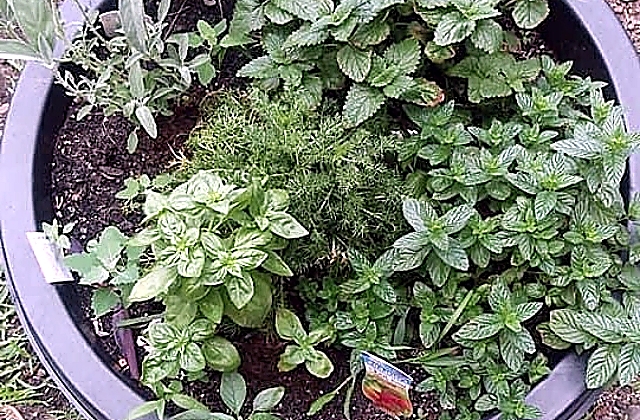How To Choose The Best Herbs To Grow On Your Windowsill

Best herbs to grow on your windowsill have to be native to your area. It’s a good idea to research what other people are growing and planting in your area to help get an idea of what will work best. You may need a soil that has already been prepared. If you’re growing herbs that are accustomed to your area, this will be less of an issue.
The best herbs to grow on your windowsill come from the ground up. They don’t come from a pot or a garden. Plant them in the soil where they are planted. You’ll need to know what you’re getting into though before you start. If you are planting for the first time, be sure you read the directions carefully and follow them closely. Some of your windowsill herb gardening ideas can be implemented, even if you’re planting your first window.
One idea is to use herbs that grow well together. This is a good way to combine the culinary and medicinal benefits of different plants. A good example would be basil and oregano. Both have similar scents but are grown for different purposes.
Be aware of your neighbours. Ask what they’re growing, if you aren’t sure about that information. Grow near a fence or next to a tree, so they don’t have to worry about being cut down. Your neighbours should be willing to share their herbs with you if it will benefit you too. It’s also nice to get advice from others who have some knowledge with your windowsill herb gardening ideas.
Choose the right windowsill herb. Parsley, marjoram, sage, chives and thyme are all good choices. They all have similar uses in your home garden and are easy to grow. Add these to your kitchen window or patio windowsill for a fresh aroma or mix them in with your recipes to spice things up. If you have problems getting these herbs to grow, consider buying the seeds and planting them yourself.
You can find all sorts of supplies for windowsill herb gardening, including starter pots and planting containers. A variety of plants will help your window coverings look their best. Make sure you keep moisture in mind when you choose plants and seeds. They need just enough water to survive the hot summer sun and enough rain to survive winter rains.
Growing herbs in containers is an option too, especially if you live in a dry climate and have trouble finding seeds that will germinate indoors. Just remember that seeds do not always come up roses. Mint, for instance, will not sprout until the plant has grown a few years old. Mint may start growing too early in the year, but once it is established, it is one of the best herbs to grow on your windowsill herb gardening.
Growing herbs in windowsill herb gardening is simple once you learn the basics. It does require some hard work and patience, but it can be very rewarding as well. It makes your food items more fresh, gives you better smells around your home, and adds an extra touch of color to your decorating scheme. When you are ready to harvest, all you need to do is pull the plants off of the windowsill and cut the herb stems as needed. Harvesting should be done after the herbs begin to die back, for best results.
The key to growing any herb in your windowsill herb gardening method is to keep the plants healthy. Harvest them when the foliage looks full and the dirt looks dry. If the soil appears moist on the plants, add water immediately. Your windowsill herb gardening plan should involve planning a regular watering schedule for the plants. Keep a record of the moisture content of each plant, so you can spot areas of concern and make necessary adjustments.
You may also choose to place a small potted plant in your window. Potted plants can often survive the winter months just as well as plants that are planted in the ground. However, you should follow the same care and maintenance instructions for planting in the ground. Some of the best window plants for your windowsill are chives, creeping thyme, and summer savory. All three of these herbs are quite easy to grow from seed, and all have lovely fragrances that you will enjoy.
Your windowsill herb gardening project will benefit from regular pruning. Remove branches that are creating obstacles or drapes, and trim back any overhanging foliage. Keep your windowsill clean, and water regularly. When you are ready to harvest your specimen, be sure to pick through the remaining leaves and roots.